Great frauds in history: the Butcher brothers' corrupt banking empire
Jacob and CH Butcher plundered their $3bn banking empire, leaving investors short of almost $400m.

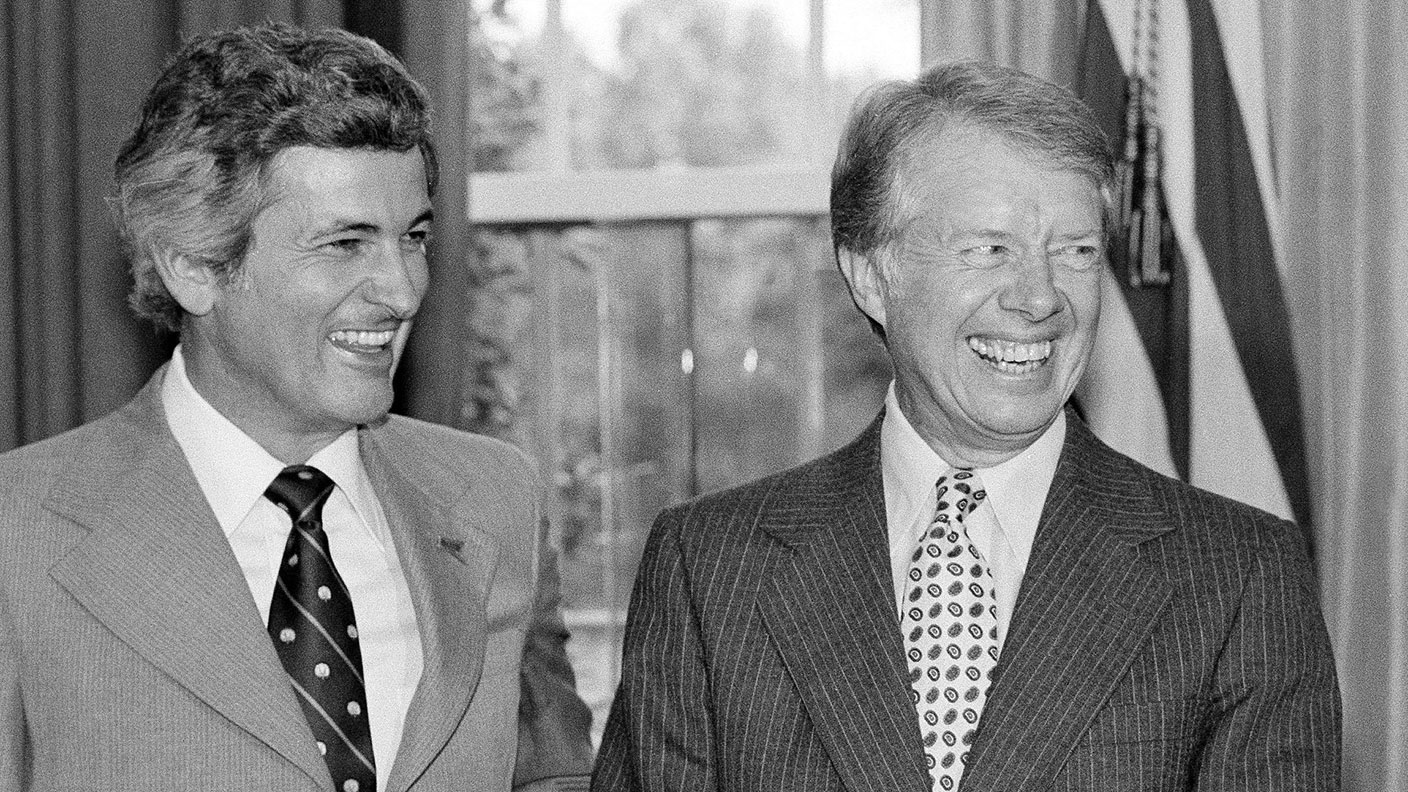
Get the latest financial news, insights and expert analysis from our award-winning MoneyWeek team, to help you understand what really matters when it comes to your finances.
You are now subscribed
Your newsletter sign-up was successful
Want to add more newsletters?
Jacob Franklin Butcher was born in Maynardville, Tennessee, in 1936. He worked in his father’s store, which operated as an informal local bank, before graduating from the University of Tennessee and serving in the US Marines. In 1968 Jacob and his brother, C.H. Butcher Jnr, bought a small bank in Lake City. Over the next 15 years they would build a banking empire. By 1982 the brothers controlled a consumer finance company, as well as 27 banks, though a combination of equity stakes and management contracts, with total reported assets of $3bn ($7.95bn in today’s money).
What was the scam?
To finance the buying spree, they would loan money from one of the banks to another, which was then used to purchase shares in a third institution, leaving the banks with high levels of debt. They also began to embezzle money to support their lifestyle, holding lavish parties with Jimmy Carter and Imelda Marcos and making a large number of reckless loans, including one to pay for a 60-foot yacht for Jacob. To hide the fact that their banks were insolvent, the brothers started to use fake loans to shuffle money between them, taking advantage of the fact they were audited on different dates.
What happened next?
By 1982 federal agents and state regulators working on individual cases started to realise that large amounts of money were being transferred around the various parts of the brothers’ empire. As a result, they raided all institutions simultaneously in November 1982. This revealed the true extent of the fraud, leading to the collapse of 11 of the banks, including the United American Bank, which was the main part of the group, as well as the Southern Industrial Banking Corp, run by C.H. Butcher Jnr. Both brothers were convicted of fraud and spent time in jail.
Try 6 free issues of MoneyWeek today
Get unparalleled financial insight, analysis and expert opinion you can profit from.

Sign up to Money Morning
Don't miss the latest investment and personal finances news, market analysis, plus money-saving tips with our free twice-daily newsletter
Don't miss the latest investment and personal finances news, market analysis, plus money-saving tips with our free twice-daily newsletter
Lessons for investors
Federal insurance ensured bank depositors got their money back, with US taxpayers picking up the estimated $382.6m in losses. The 7,000 depositors in the uninsured Southern Industrial Banking Corp would have to wait up to a decade to get only two-thirds of their money back. Jacob Butcher told a reporter in 1976 that borrowing large amounts was like “going barefooted in the spring” – “for the first few days, the gravel really hurts. But then your feet toughen up and you don’t notice it”. Investors would be wiser to remain aware of what they’re treading in.
Get the latest financial news, insights and expert analysis from our award-winning MoneyWeek team, to help you understand what really matters when it comes to your finances.

-
 Could you get cheaper loans under ‘significant’ FCA credit proposals?
Could you get cheaper loans under ‘significant’ FCA credit proposals?The Financial Conduct Authority has launched a consultation which could lead to better access to credit for consumers and increase competition across the market, according to experts.
-
 8 of the best properties for sale with minstrels’ galleries
8 of the best properties for sale with minstrels’ galleriesThe best properties for sale with minstrels’ galleries – from a 15th-century house in Kent, to a four-storey house in Hampstead, comprising part of a converted, Grade II-listed former library
-
 VICE bankruptcy: how did it happen?
VICE bankruptcy: how did it happen?Was the VICE bankruptcy inevitable? We look into how the once multibillion-dollar came crashing down.
-
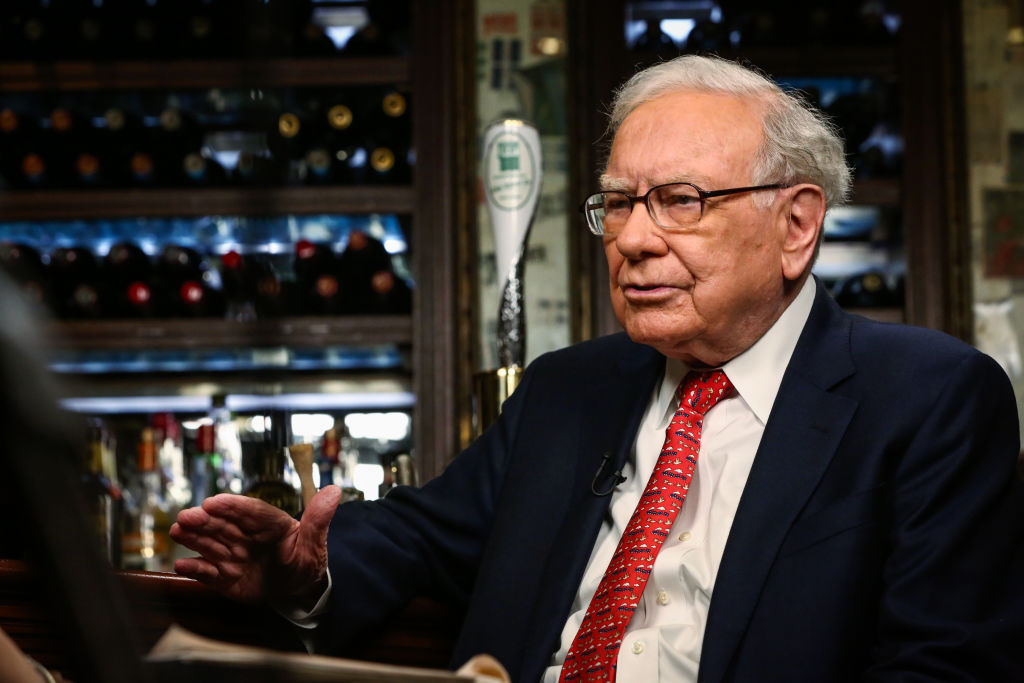 What is Warren Buffett’s net worth?
What is Warren Buffett’s net worth?Warren Buffett, sometimes referred to as the “Oracle of Omaha”, is considered one of the most successful investors of all time. How did he make his billions?
-
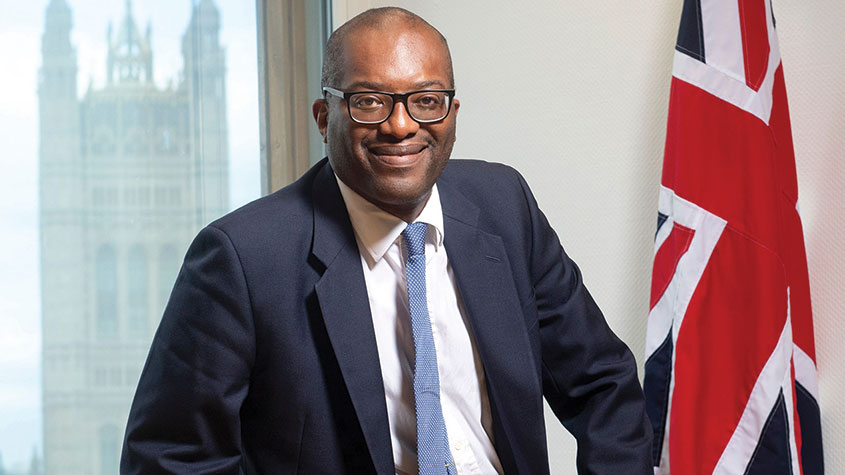 Kwasi Kwarteng: the leading light of the Tory right
Kwasi Kwarteng: the leading light of the Tory rightProfiles Kwasi Kwarteng, who studied 17th-century currency policy for his doctoral thesis, has always had a keen interest in economic crises. Now he is in one of his own making
-
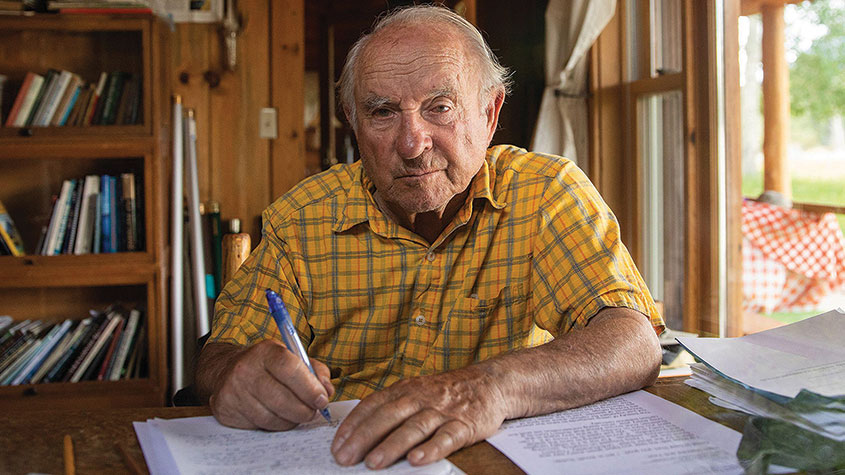 Yvon Chouinard: The billionaire “dirtbag” who's giving it all away
Yvon Chouinard: The billionaire “dirtbag” who's giving it all awayProfiles Outdoor-equipment retailer Yvon Chouinard is the latest in a line of rich benefactors to shun personal aggrandisement in favour of worthy causes.
-
 Johann Rupert: the Warren Buffett of luxury goods
Johann Rupert: the Warren Buffett of luxury goodsProfiles Johann Rupert, the presiding boss of Swiss luxury group Richemont, has seen off a challenge to his authority by a hedge fund. But his trials are not over yet.
-
 Profile: the fall of Alvin Chau, Macau’s junket king
Profile: the fall of Alvin Chau, Macau’s junket kingProfiles Alvin Chau made a fortune catering for Chinese gamblers as the authorities turned a blind eye. Now he’s on trial for illegal cross-border gambling, fraud and money laundering.
-
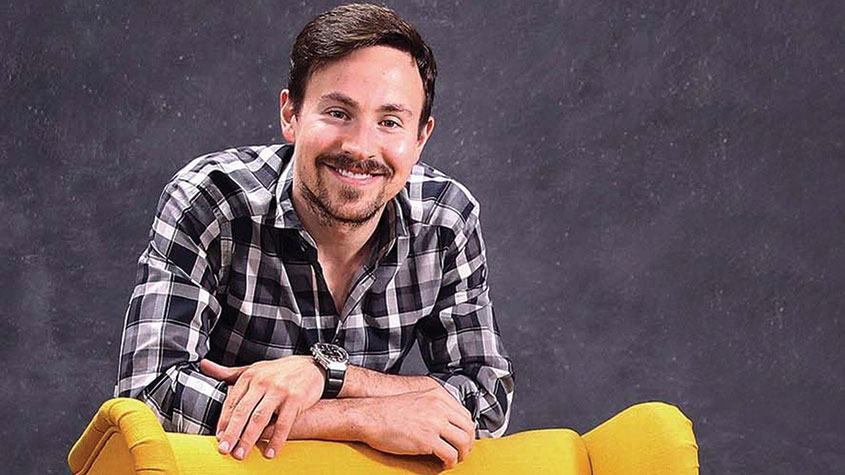 Ryan Cohen: the “meme king” who sparked a frenzy
Ryan Cohen: the “meme king” who sparked a frenzyProfiles Ryan Cohen was credited with saving a clapped-out videogames retailer with little more than a knack for whipping up a social-media storm. But his latest intervention has backfired.
-
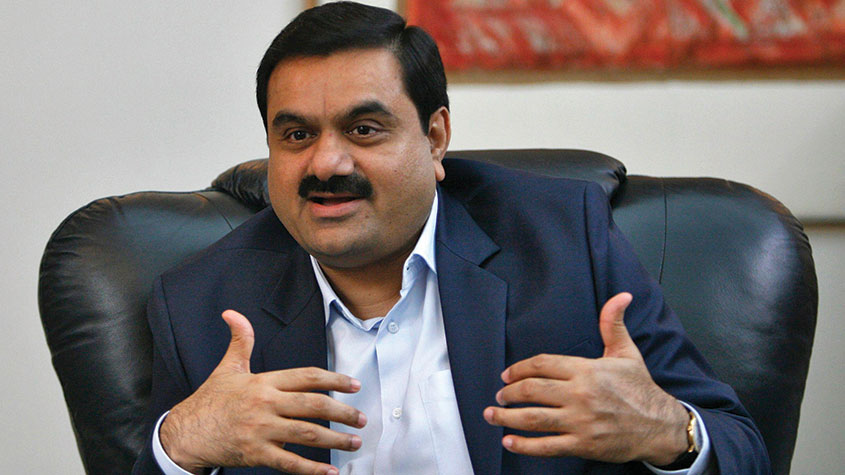 The rise of Gautam Adani, Asia’s richest man
The rise of Gautam Adani, Asia’s richest manProfiles India’s Gautam Adani started working life as an exporter and hit the big time when he moved into infrastructure. Political connections have been useful – but are a double-edged sword.